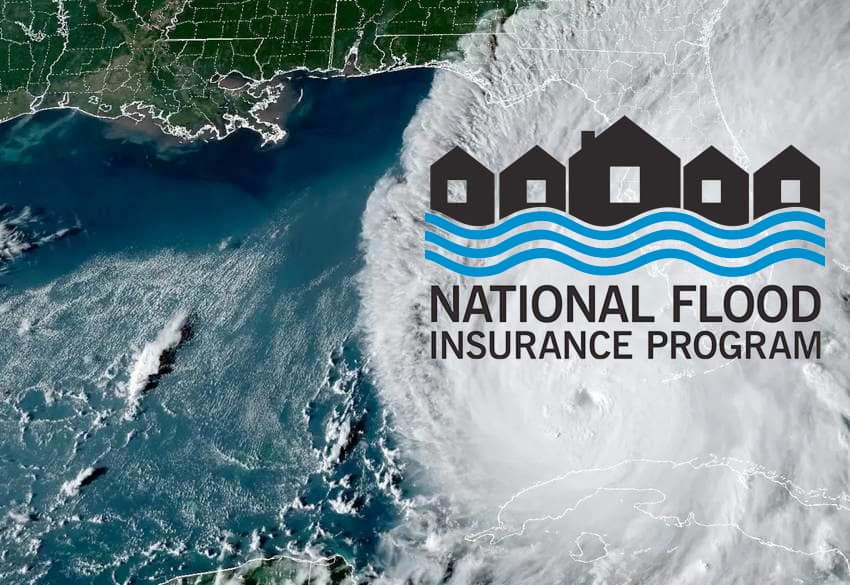FEMA’s FloodSmart 2020-1 cat bond no longer at risk from hurricane Ian

A tranche of FloodSmart Re catastrophe bond notes that provide reinsurance to the US Federal Emergency Management Agency’s (FEMA) National Flood Insurance Program (NFIP) have now been deemed safe from potential loss due to hurricane Ian, with the notes redeemed and capital to be returned to investors, Artemis has learned.
As we’ve previously reported, one tranche of the FloodSmart Re catastrophe bond program had its maturity date extended, in order to allow for further development of the National Flood Insurance Program’s (NFIP) flood insurance losses from hurricane Ian.
The extended notes were the Class B layer from the FloodSmart Re Ltd. (Series 2020-1) catastrophe bond issuance.
The FloodSmart Re 2020-1 cat bond issuance from early 2020 was due to mature at the end of February 2023, but this riskiest Class B tranche had its maturity extended, in case the NFIP’s losses from hurricane Ian rose sufficiently to attach the reinsurance coverage the notes provide.
The $100 million FloodSmart Re 2020-1 Class B tranche of notes was first partially redeemed, with the outstanding principal reduced by $80 million, leaving $20 million of the notes outstanding.
Later we learned that a further $10 million of the outstanding principal was redeemed, leaving only $10 million of the FloodSmart Re 2020-1 Class B tranche of notes left outstanding at the time in late March.
Now, Artemis has learned that the final $10 million of notes from this FloodSmart Re 2020-1 Class B tranche has also been redeemed, with the capital set to be returned to investors and the notes now allowed to mature.
The reason for the redemption in full, of the remaining principal that had been extended and outstanding, is that FEMA now has even more clarity over the National Flood Insurance Program’s (NFIP) losses from hurricane Ian and these notes are now deemed as unlikely to be triggered and so could be safely repaid.
We’re told that the data now indicates that the NFIP’s losses from hurricane Ian will not reach the attachment level necessary for any reinsurance claim to be made under the FloodSmart 2020-1 cat bond notes.
With it deemed that there isn’t any risk of attachment any more, there is no need to continue with the maturity extension and so the remaining $10 million of Class B notes could be redeemed and capital repaid to their investors.
FEMA’s latest loss estimate for the NFIP from hurricane Ian remains pegged somewhere between $3.7 billion and $5.2 billion.
Just the other week, FEMA issued its latest NFIP flood insurance claims paid update for hurricane Ian, saying that they are nearing $4 billion, at which level its latest traditional reinsurance tower would begin paying out.
However, the FloodSmart Re catastrophe bonds do not begin to attach until around $5.3 billion of losses to the NFIP from hurricane Ian, suggesting they are likely all safe, while this specific 2020-1 Class B layer had an attachment at roughly $5.6 billion, we understand.
So, investors will be encouraged to see this capital released and another data point indicating that the FloodSmart Re catastrophe bonds are likely safe from hurricane Ian losses, something their secondary pricing recovery also implies.
It’s also worth noting that this has been a good example of the use of the maturity extension to protect a possibly valuable source of reinsurance, while losses from a catastrophe developed.
That benefits the sponsor by providing certainty the coverage is still available, until it gains sufficient clarity to allow it to mature the notes, once it’s understood the reinsurance wouldn’t be triggered by the event.
You can see details of many catastrophe bonds that have been triggered and made payouts, as well as those cat bonds currently at-risk, since the market began in our Deal Directory.






